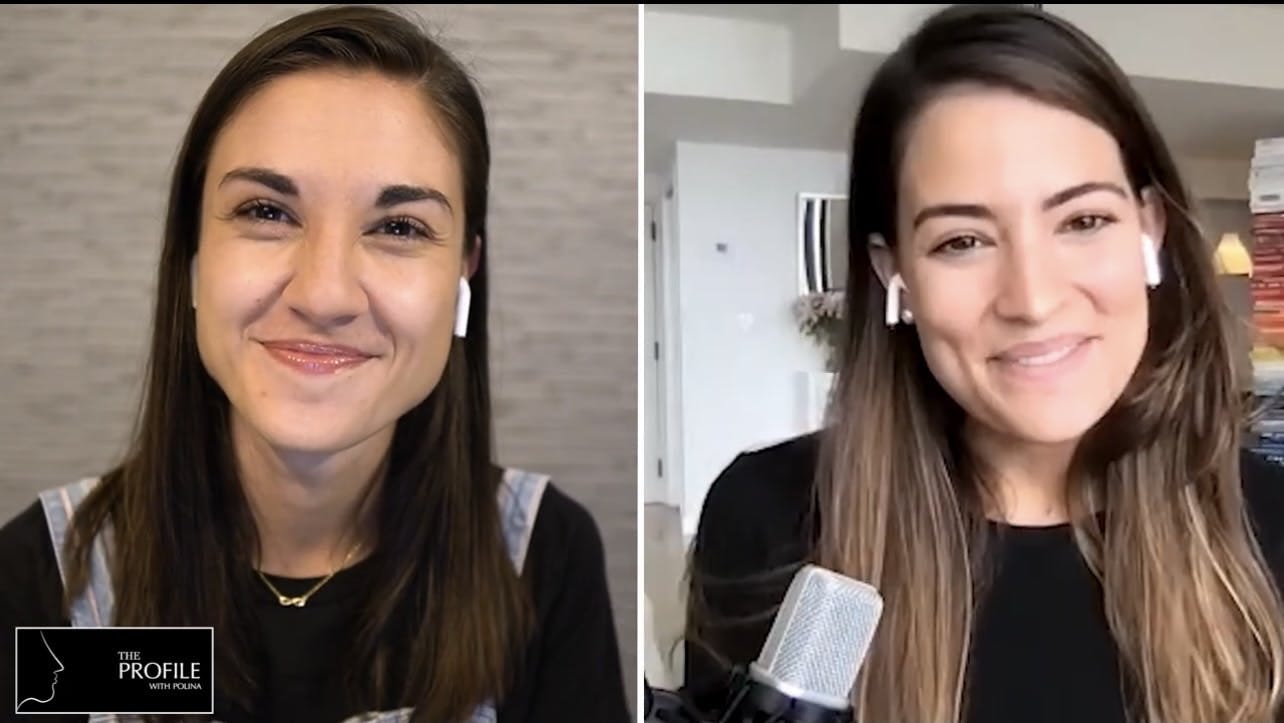Fab Fridays 49: Synthesis Takes Off!
Amazing team + amazing mission + amazing product.
Hey everyone!
Happy Friday and greetings from Panama!
"One form of originality is creation. Another form is synthesis.” — James Clear
My creative process consists on synthesizing information from different sources and concepts from diverse fields. I try to apply the best of what I “synthesize" to my field of childhood education. I get ideas from books, articles, podcasts, conversations, or newsletters I’m subscribed to.
Here are 5 newsletters that have shaped my thinking over the past few years:
Farnam Street by Shane Parrish
The Profile by Polina Marinova
Monday Musings by David Perell
The Maker Mind by Anne-Laure Le Cunff
3-2-1 by James Clear
In November last year, I had the pleasure of meeting Polina Marinova Pompliano, author of The Profile. Polina is not only one of the smartest and most interesting people I’ve ever met, but also one of the kindest. I’ve been lucky to learn from Polina in many ways, as she has sparked on me new ideas and challenged my thinking.
This is why I’m *honored* to be featured in one of Polina’s latest issues of The Profile. Our conversation flowed naturally, and I even shared some personal stories about my upbringing and beyond! Watch our interview below, or read the profile here.
Among other things, we talk about the importance of developing independent thought, the roles of games in learning, alternative schools, and the future of education. You can also listen to our conversation on spotify or apple podcasts. Thanks for tuning in!
Synthesis Takes Off!
Amazing team + amazing mission + amazing product <3
This week we announced a small initial round of funding from incredible entrepreneurs and investors including Pomp, Alexis Ohanian (cofounder of Reddit), Austen Allred (founder of Lambda School), Sam Teller (Elon's former chief of staff and partner at Valor Equity), David Perrell, Austin Rief (founder of Morning Brew), and many others.
The founders of Synthesis and I recorded a deep dive podcast with Pomp so you can learn more about Synthesis. Check out our conversation below!
Mental Models
The secret to great thinking is to learn and employ a variety of mental models.
A mental model is a representation of how something works.
“If you think of your brain as the operating system, mental models are the different apps that you can install to give you functionality and to improve your decision making.” — George Mack
At Synthesis, students learn different mental models to simplify complexity and make better decisions. This is the first of a series of videos on Mental Models at work at Synthesis. These videos are meant to help students reflect on the frameworks they are exploring and find ways to apply them to scenarios outside of class. Let me know what you think!
Until next week!
Ana Lorena Fabrega




